“PORTRAIT OF THE ARTIST AS A YOUNG CONVICT”
by H. Bruce Franklin
When Chester Himes was nineteen, he was chained upside down, beaten by police until he confessed to an armed robbery, sentenced for twenty to twenty-five years, and incarcerated in the Ohio State Penitentiary. That was in 1928. By the time he was paroled in 1936, he had become a nationally-known writer. After publishing eight stories in the African-American periodicals Abbott’s Monthly (Chicago) and Atlanta Daily World, he had broken into the major leagues with four stories about prison life in Esquire, becoming one of the most popular authors for that magazine (where he continued to publish until 1959).
These stories that Himes published while in prison had to be carefully tailored to evade the systematic suppression of prison writings that coincided with the beginning of the Depression. In the 1930s–just as in the 1970s, 1980s, and 1990s–state and federal officials and lawmakers zealously labored to prevent convicts from communicating with the reading public. As Miriam Allen De Ford wrote in “Shall Convicts Write Books?”, an article published in The Nation of November 5, 1930, cells were being searched “not for narcotics and knives, but for manuscripts,” and all those found were destroyed. Federal authorities even orderedRobert Stroud, the Birdman of Alcatraz, to stop publishing his groundbreaking research on the diseases of birds, severely punished him for smuggling out Diseases of Canaries, and later suppressed his book-length manuscript on the American prison system. According to Herman K. Spector, a prison librarian back then, it was the very success of prison writing that “set off a counterflow of reaction and prohibition,” masquerading under the rationale that “convicts were in prison ‘to be punished, not to make money.'” Sound familiar?
Shortly after his parole, Himes completed a novel based on his prison experience and filled with materials that never would have gotten by the prison censors. As he tried to find a publisher, Himes discovered that censorship took other, somewhat more subtle, forms in the larger society. Year after year, rejection followed rejection. In 1950, Henry Holt verbally accepted the book, but when Himes showed up to sign the contract he was told that the acceptance had been overruled from higher up. By the time the novel was accepted in 1952–sixteen years after he left prison–Himes had published two controversial novels centering on African-American experience: If He Hollers Let Him Go (1945) and Lonely Crusade (1947). The prison novel meanwhile had gone through many rewrites with ever-changing titles: Present Tense, The Way It Was, Black Sheep, Debt of Time, Solitary, Day After Day, and Yesterday Will Make You Cry. When at last published by Coward-McCann in 1952 under the new title Cast the First Stone, the novel was radically different from any of Himes’ manuscripts.
Finally, in 1998, six decades after Himes first composed the book151 and fourteen years after his death, the prison novel is being published in its final manuscript form before being chopped up on the procrustean bed of commercial publishing in the early 1950s. Bearing Himes’ own final title, Yesterday Will Make You Cry, the volume is being issued as one of W. W. Norton’s Old School Books, a series of twentieth-century African-American pulp novels overlooked or undervalued because of their disturbing content and style. Under the editorship of Marc Gerald and Samuel Blumenfeld, the series has given a new life to John A. Williams’ classic The Angry Ones, Himes’ The End of the Primitive, two novels by the innovative convict writer Clarence Cooper, Jr., and works by Roland Jefferson, Charles Perry, Robert Deane Pharr, Herbert Simmons, and Henry Van Dyke. Old School Books has also brought a new audience to Donald Goines, the prison writer who has sold five million copies of his novels to a mostly African-American readership. Yesterday Will Make You Cry is the first hardback Old School Book.
This is an exciting event for those interested either in Chester Himes or the American prison, or, as we shall see, some crucial cultural differences between America in 1952 and 1998. Here is one of Himes’ most important novels in a complete version previously seen only by a handful of people. Featuring a very personal introduction by Melvin Van Peebles, the volume is based on the manuscript in the Yale University library. Unfortunately, editors Gerald and Blumenfeld provide only a scanty “Editors’ Note,” which reads more like an advertising blurb and offers not even a hint about their editorial methodology.






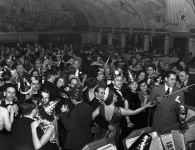

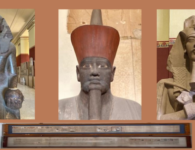
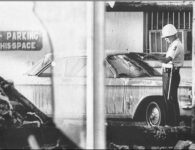
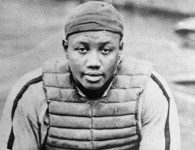


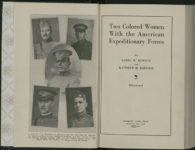
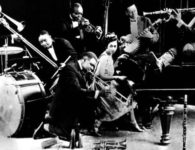

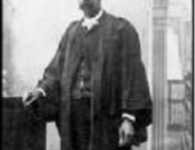

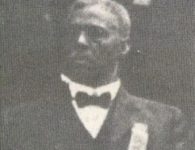
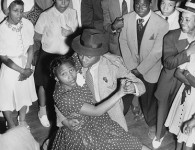

No comments